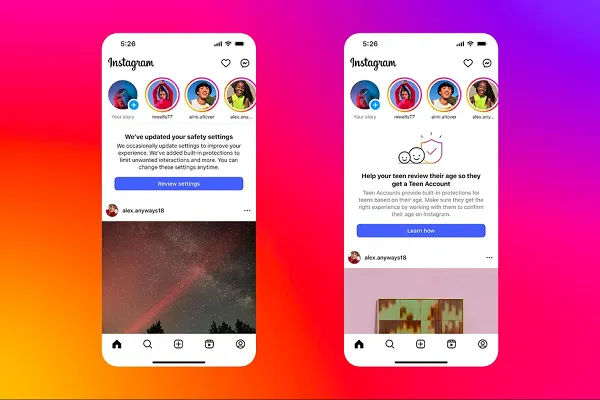No more paywalls for public research, says White House
The White House has instructed federal agencies to make publicly funded research freely available immediately after publication, ending a loophole that let journals put it behind a paywall for a year. The updated guidance will take effect by the...

The White House has instructed federal agencies to make publicly funded research freely available immediately after publication, ending a loophole that let journals put it behind a paywall for a year. The updated guidance will take effect by the end of 2025, and it expands rules first announced in 2013 but criticized as insufficient by President Joe Biden.
The new Office of Science and Technology Policy (OSTP) memo on public access was released yesterday. Individual agencies must draft new policies based on it within a year, or 180 days for larger agencies. They’ll govern the specifics of the deal, but they must implement several changes, including the following:
If a peer-reviewed scholarly publication is based on federally funded research, it must be made publicly accessible for free upon publication — rather than allowing a 12-month embargo for academic journals. This material must be formatted in a way that’s machine-readable, making it easier to search and catalog. Metadata like funding sources and author affiliations must be included with the publications, helping the public understand who’s backing the research. The scientific data underlying peer-reviewed publications must also be made available to the public, unless sharing it would cause legal, ethical, or security problems. Research data that doesn’t result in peer-reviewed work should be shared internally across government agencies.The guidance also expands the definition of a “scholarly publication” to cover not only peer-reviewed articles but also book chapters and conference proceedings. And unlike the previous policy, which covered 20 agencies, it applies to all federal agencies.
Publishing companies have broadly objected to open access rules, which they argue damage the financial position of academic journals. “Today’s announcement ... comes without formal, meaningful consultation or public input during this administration on a decision that will have sweeping ramifications, including serious economic impact,” said Association of American Publishers spokesperson Shelley Husband in a statement to The Verge. “In a no-embargo environment, in which private publications will be made immediately available by the government for free, our primary concerns are about business sustainability and quality.”
But the Scholarly Publishing and Academic Resources Coalition, which has long pushed for public access rules, praised the decision, calling it a “landmark policy guidance.” Open access consortium Coalition S called it “fully aligned” with its principles, and it matched a 2021 UNESCO recommendation for open access.
An open access policy was championed by President Barack Obama’s administration, but rules like the 12-month embargo limited its effectiveness, as did individual agency compliance. In 2019, a Government Accountability Office report found that most of the covered agencies hadn’t fully complied with the 2013 guidelines, failing to make the data easily findable or ensure that researchers followed the rules. Yesterday’s update will likely face similar challenges — but for now, advocates of open access are celebrating.

 ValVades
ValVades 
































